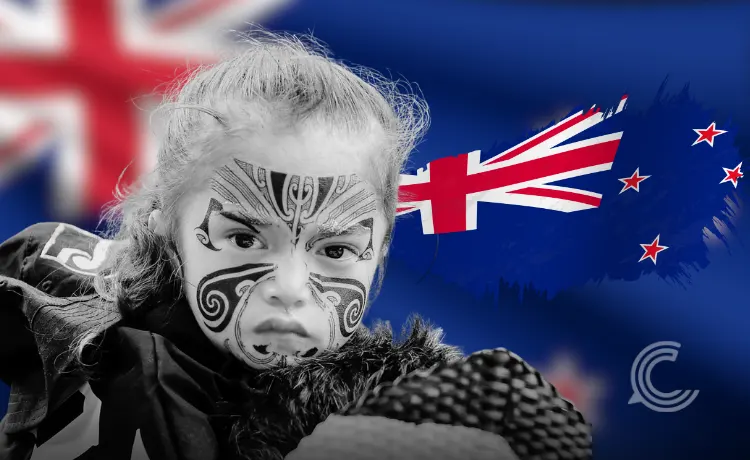New Zealand Government Ends Mandatory Māori Culture in Schools

Key Points:
- The government is reviewing and revising the national curriculum, aiming to shift focus and de-prioritize specific previously mandatory Māori culture and history content
- The changes have drawn accusations of “cultural suppression” and an attempt to “whitewash” Te Reo Māori from mainstream education
- The Education Minister cites a need to improve core literacy and maths outcomes and ensure a “knowledge-rich” curriculum, but critics argue the changes are political and ideologically driven
The New Zealand government’s push to “rebalance” the national curriculum, particularly concerning indigenous content, has triggered a wave of nationwide criticism from educators, cultural leaders, and academics.
The move, which has included measures such as the removal of some Māori language (Te Reo Māori) from early reader books and a review of the mandatory Aotearoa New Zealand Histories (ANZH) curriculum, is being widely condemned as a deliberate setback for cultural learning and reconciliation.
The Uproar Over Te Reo Māori in Books
One of the most immediate and contentious actions has been the decision to remove Māori words from new editions of the Ministry of Education’s “Ready to Read Phonics Plus” series, used to teach five-year-olds. The Ministry’s rationale, as reported by The Guardian, was that introducing different orthographies simultaneously could be confusing for children learning to read English, although the evidence for this was described as “mixed” and “uncertain.”
This technical justification has been overshadowed by the cultural outcry. Educational leaders, including the President of the education union NZEI Te Riu Roa, Ripeka Lissels, expressed “extreme anger,” labelling the move as part of a broader political agenda to lessen the emphasis on Māori Education in schools.
Critics argue that exposure to Te Reo Māori in these early texts is a vital, accessible way for all students, especially the 97% of Māori children in English-medium schools, to engage with an official language of the country.
The ANZH Curriculum Under Scrutiny
The controversy extends to the mandatory Aotearoa New Zealand Histories (ANZH) curriculum. Introduced in 2022, this curriculum centered on the idea that “Māori history is the foundational and continuous history of Aotearoa New Zealand,” alongside concepts of colonisation and power dynamics.
The current coalition government, particularly ACT Leader David Seymour, has been a vocal opponent, stating that the original curriculum was “ideological and cynical,” driving a “simplistic victims-and-villains narrative” and excluding most New Zealanders from the story.
A newly drafted social sciences curriculum proposes watering down the ANZH content, suggesting a wider inclusion of global history topics such as Ancient Egypt, Rome, and the French Revolution. This attempt to “rebalance” has been met with significant resistance from the NZ History Teachers Association, who labeled the draft “unrealistic” and “unmanageable,” noting the volume of prescribed material is far too much for teachers to cover effectively, reported by RNZ News.
Political Ideology Versus Educational Pragmatism
The government argues its comprehensive curriculum refresh, including cuts to some Māori teacher professional development programs like Te Ahu o te Reo Māori, is necessary to reverse years of declining literacy and maths results. Education Minister Erica Stanford emphasizes the need for a “clear, knowledge-rich, year-by-year curriculum” that ensures consistency and coherence.
However, Māori academics warn that removing the explicit requirement to teach local histories is a breach of children’s right to understand the country they live in. Professor Margaret Mutu of the University of Auckland argues that for children to grow up without understanding the local hapū (sub-tribe), marae (meeting grounds), or placenames is a “huge gap” that hinders a sense of belonging, reported by RNZ News.
The conflict crystallises a fundamental philosophical debate in New Zealand education: whether the curriculum should primarily focus on core skills and a universal body of knowledge, or whether it must be deeply contextualized in the nation’s bicultural foundation, giving effect to Te Tiriti o Waitangi (the Treaty of Waitangi). Critics view the government’s approach as prioritizing an imported, Eurocentric model at the expense of indigenous knowledge, creating a curriculum that will “perpetuate racism and ongoing inequity in our schools.”



